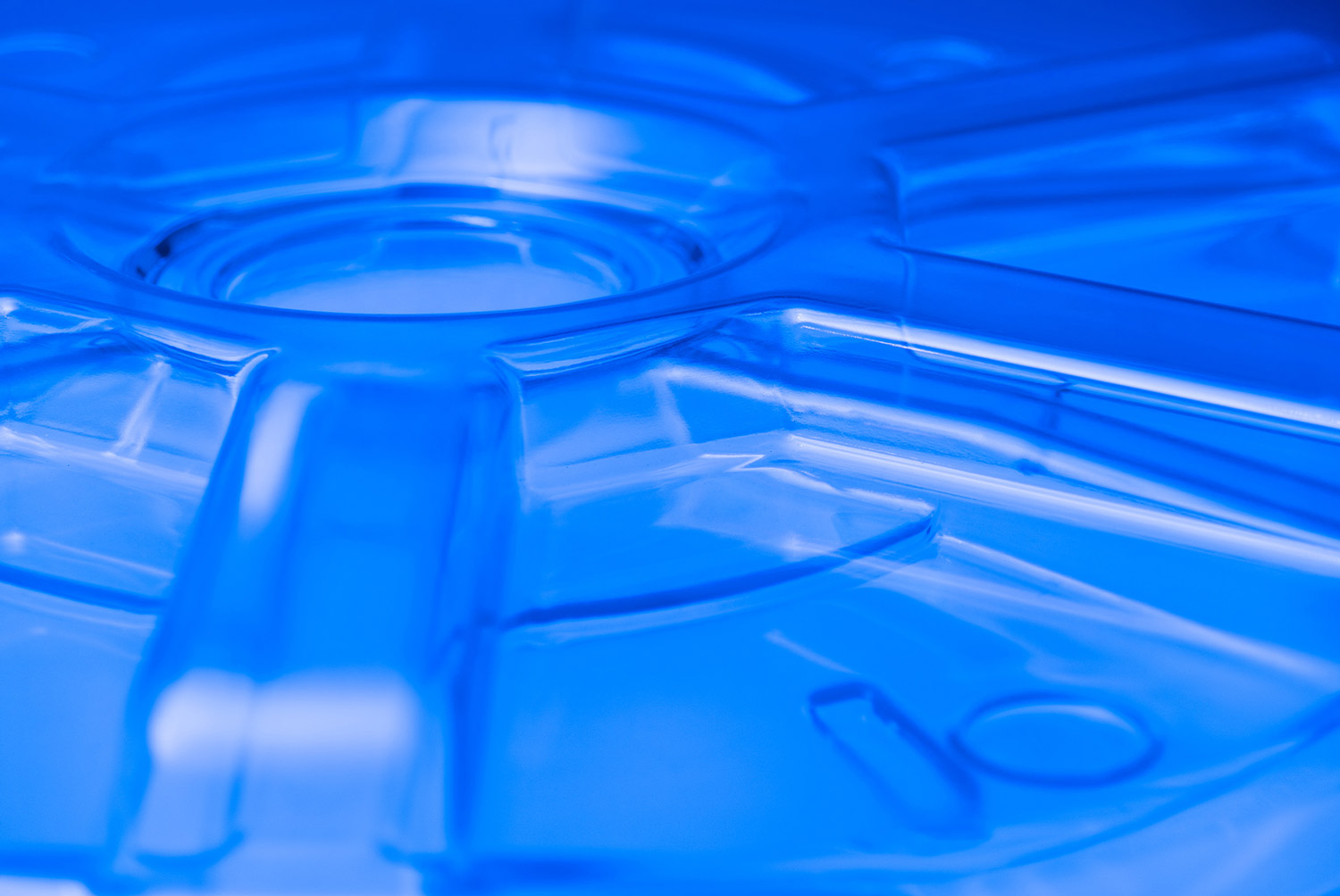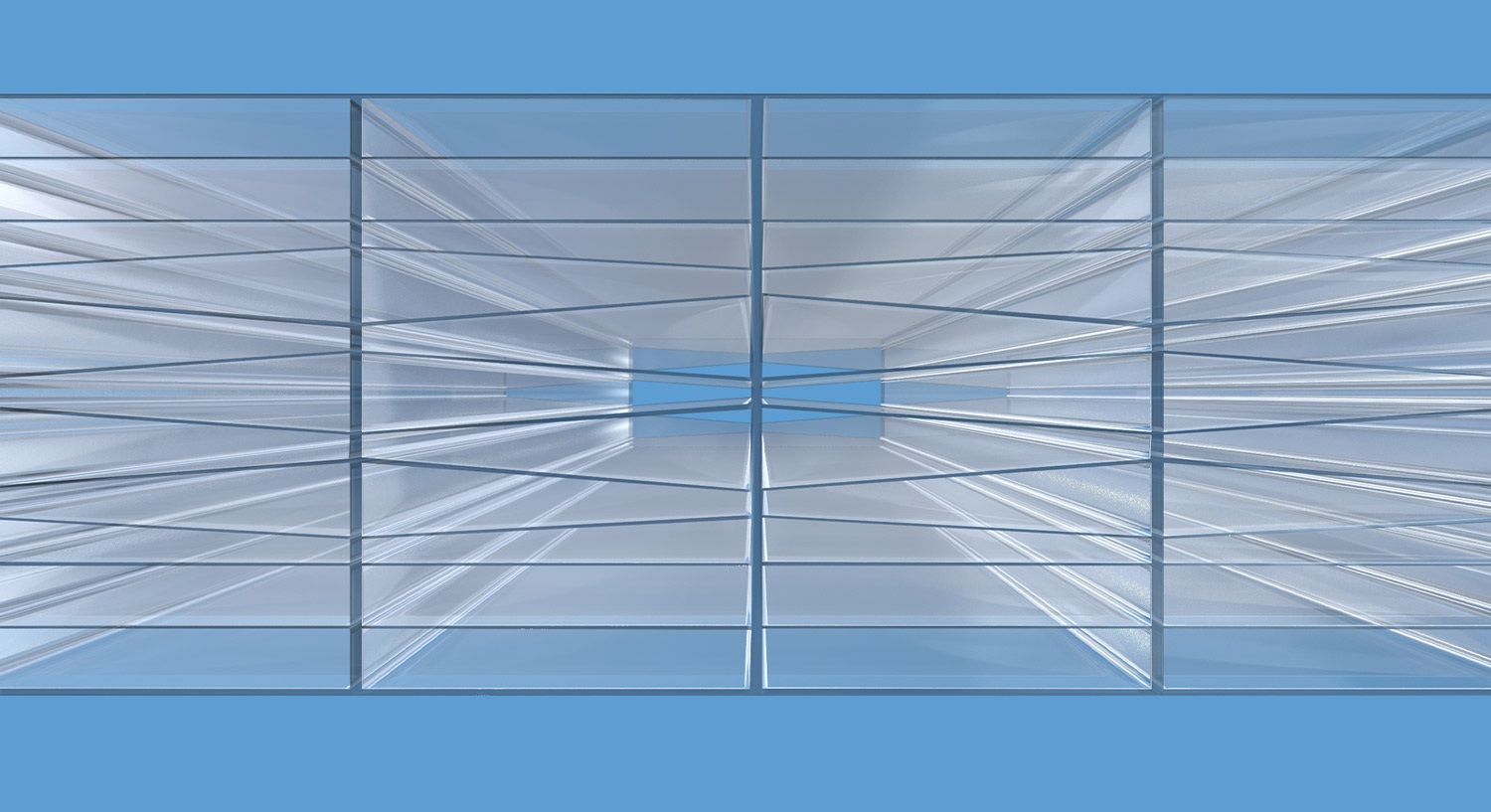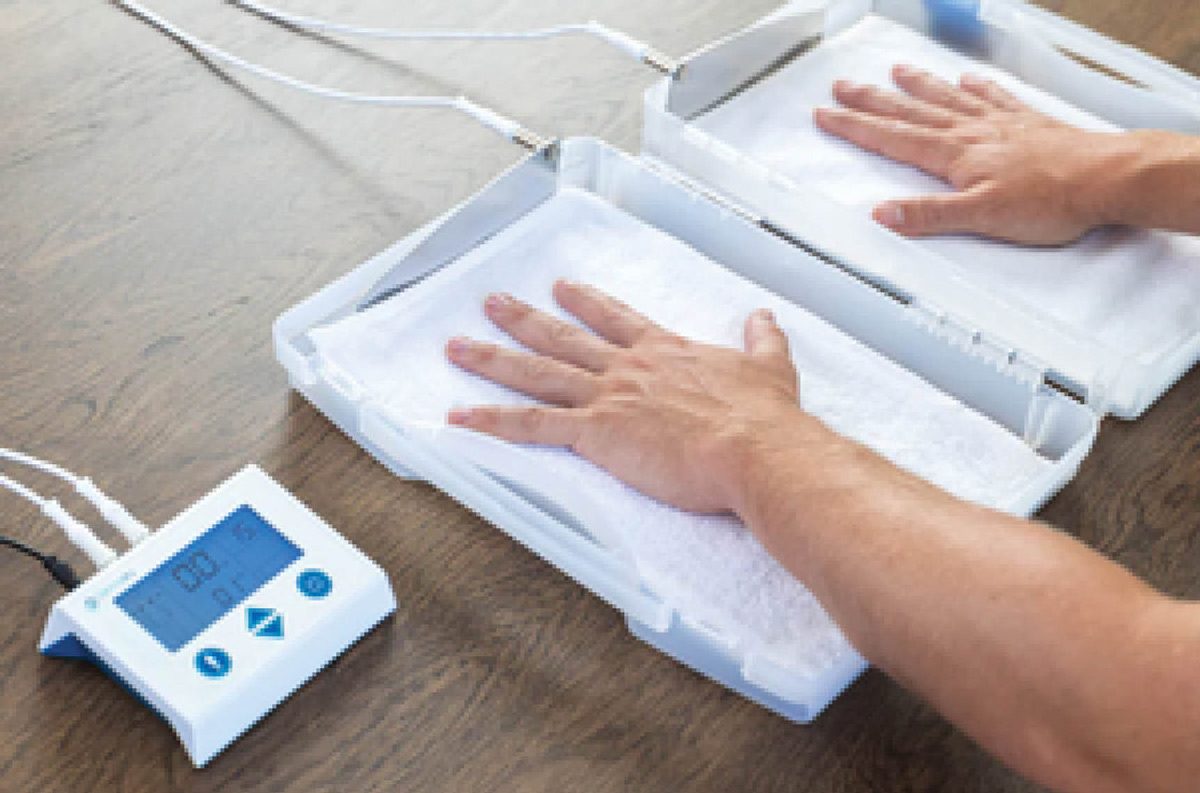Articles reporting on plastic products are prepared from information furnished by members of the IAPD and non-member magazine advertisers. The information provided is deemed reliable but is not verified. It should not be assumed that the publisher has reviewed or tested any of the products. For more information, contact companies by visiting their websites.
Eastman, provider of specialty materials, and Exolon Group have started a collaboration for the extrusion of solid sheet materials based on Eastman’s healthcare copolyester resins.

Vivak® Med

Exolon® Multi UV HX50
Made using Eastar® 6763, Vivak® Med answers the increasing demand for thermoplastic solid sheet products and meets ISO 10993/USP Class VI biocompatibility requirements. Vivak® Med solid sheets for rigid medical packaging from the Exolon Group is extruded using Eastar 6763. The product is available in thicknesses from 0.6 to 8 millimeters. “Eastar® 6763 has been the standard for decades in rigid medical packaging applications,” says Michael Burkardt, Eastman’s business development manager, specialty plastics. “For Eastman, it is crucial to team up with renowned partners like Exolon Group, who have the industry experience and expertise needed to deliver superior value to their customers.”
The medical packaging industry will now have access to thicker and wider sheet material, offering several advantages and innovations, such as; reduced material usage and freedom from substances of concern.
Perstorp has launched new grades for two base polyols that are now available with 100% renewable, mass-balanced carbon content. When including the biogenic CO2 uptake1 from the renewable raw materials, the products will have a negative carbon footprint2 at the Perstorp gate.
Based on a traceable mass-balance concept, Neeture™ N100 (neopentyl glycol) and Evyron™ T100 (trimethylolpropane) are designed to reduce the carbon footprint throughout the value chain, and to support the sustainable sourcing of renewable and recycled raw materials.
The continued innovation of low carbon foot print chemicals helps to phase out virgin fossil raw materials for a wide range of applications in the market segments of resins, coatings and synthetic lubricants.
Anna Berggren, Vice President Sustainability at Perstorp, adds: “Being able to offer two of our most popular pro-environment products, Neeture and Evyron, in 100% shifted grades brings us one step closer toward breaking fossil dependence and our ambition of becoming Finite Material Neutral. We continuously develop our supply of renewable and recycled raw materials which enables us to find solutions that reduce environmental impact as well as meet the market’s demand.’’
1Biogenic CO2 uptake is the CO2 captured by the plant/biomass from the atmosphere, during the photosynthesis process, while growing.
2Negative product carbon footprint means there is a net removal of CO2 from cradle to Perstorp gate when including the biogenic CO2 uptake. The transformation of biomass into products therefore represents a net removal of CO2, via its storage in the final product.
Covestro LLC launched an ultradurable polycarbonate offering strength over a wide temperature range for healthcare and life sciences applications. Makrolon® 3638 PC is engineered to function in the production of biopharmaceutical production or active pharmaceutical ingredients. The material is also impact-resistant and ductile from steam-sterailization temperatures down to -158 °F. Other benefits of this new material include:
- Durability from cryogenic to steam sterilization conditions with high impact strength and ductility.
- Best-in-class chemical resistance to everyday chemicals.
- Limited medical grade with biocompatibility testing according to USP Class I, ISO 10993-5 and ISO 10993-10 and meets the requirements for skin contact applications.
- Food contact quality.
- Ability to be sterilized using methods most prevalent in the healthcare industry.
- Design freedom for applications that are tough and transparent, yet attractive.
- Consistent and efficient processing for both injection and blow molding methods.
The material is currently being used in a device that helps to treat excessive sweating in the hands, feet and underarms. In an interview with Emily Shaffer, healthcare marketing manager for Covestro LLC, it was said that the new material makes this device more user-friendly, ergonomic and aesthetically pleasing.

Makrolon® 3638 for use in healthcare and life sciences applications.
